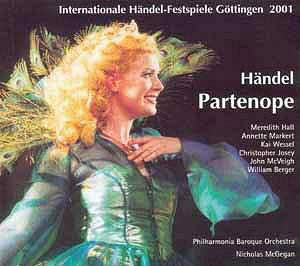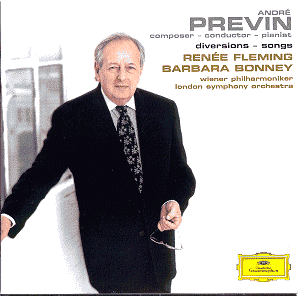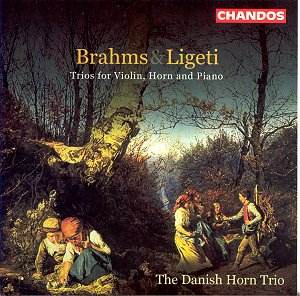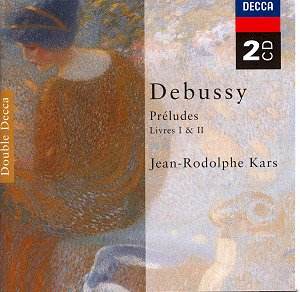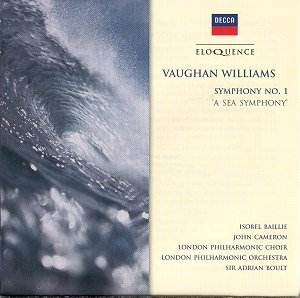 Composer: Ralph Vaughan Williams
Composer: Ralph Vaughan Williams
Works: Symphonies 1-8
Performers: London Philharmonic Orchestra, Adrian Boult
Recording: MONO 1952-1958
Label: DECCA ELOQUENCE (AUSTRALIA)
Ralph Vaughan Williams, a towering figure in early 20th-century music, crafted a symphonic cycle that reflects both the tumult of his times and his profound engagement with the human condition. The eight symphonies encapsulated in this Decca Eloquence collection, recorded under the baton of the composer’s close collaborator Adrian Boult, offer an invaluable insight into Vaughan Williams’ evolving musical language. From the expansive choral textures of “A Sea Symphony” to the stark landscapes of the “Sinfonia Antartica,” this collection serves as a testament not only to Vaughan Williams’ compositional mastery but also to Boult’s interpretive sensitivity, which remains vital even decades later.
The performances themselves are marked by a remarkable commitment to the emotional weight of Vaughan Williams’ music. Boult’s interpretation of “A Sea Symphony” is particularly striking, capturing both the grandeur and intimacy inherent in the work. The London Philharmonic Choir and soloists Isobel Baillie and John Cameron deliver a thrillingly vigorous performance. The opening bars resonate with a powerful sense of the ocean’s vastness; the choir’s fervent delivery underscores a deep spiritual quest, aligning with Vaughan Williams’ lifelong fascination with Whitman’s poetry. Boult’s pacing allows the music to swell and recede like the tides, maintaining an urgent drive that is often absent in more recent interpretations, where the tendency can lean toward an overly reflective approach.
In “A London Symphony,” the orchestral colors come alive under Boult’s direction. The work’s opening evokes the mysterious fog of London with remarkable clarity, the chimes of Big Ben weaving through the texture like a ghostly presence. Boult’s skillful handling of the contrasting moods—between the bustling life of the city and the haunting despondency of its finale—reveals layers of meaning in the music. The performance communicates a palpable tension that reflects the disillusionment of the period, particularly as the finale crescendos into a climactic, yet hollow, return to the city’s clock tower, evoking a sense of loss rather than triumph.
The “Pastoral Symphony,” a poignant reflection on the composer’s wartime experiences, is rendered with profound depth. Boult’s interpretation captures the intrinsic sadness of the work, particularly in the heart-wrenching string passages that seem to reach for a lost innocence. This is a reading that resonates emotionally, with Boult’s careful attention to dynamic shading allowing the music’s tender moments to emerge with striking clarity. The technical limitations of the mono recording are evident; however, the emotional impact of the performance transcends these constraints, revealing the work’s elegiac beauty.
While the sound quality of these recordings reflects their era, with certain register extremes sounding thin and a lack of depth in the lower textures, the artistry of the performances compensates for such technical shortcomings. The ear quickly acclimatizes to the limitations, and it is Boult’s authority and interpretive insight that ultimately claim the listener’s attention. Comparisons with more recent recordings—such as Haitink’s interpretations, which offer a different, if more polished, perspective—highlight the unique fire and spontaneity that Boult captures, particularly in “The Fourth Symphony.” Here, the furious energy and orchestral virtuosity are palpable, with Boult expertly navigating the work’s violent contrasts, achieving a visceral impact that remains compelling.
The collection culminates with Vaughan Williams’ late symphonies, including the enigmatic “Sinfonia Antartica.” Boult’s mastery in conjuring the chilling landscapes present in the music allows the listener to experience the starkness of the natural world and the profound human struggle against it. The addition of spoken texts, delivered by Sir John Gielgud, adds a further layer of poignancy that enhances the listener’s engagement with the work’s themes.
This Decca Eloquence collection of Vaughan Williams’ symphonies, conducted by Adrian Boult, stands as an essential reference for both seasoned enthusiasts and newcomers alike. The performances, though encumbered by the sonic limitations of their time, are marked by a conviction and depth that eludes many contemporary interpretations. Boult’s interpretations remain a vital part of the Vaughan Williams discography, offering listeners a rich tapestry of musical expression that captures the profound emotional and philosophical undercurrents of one of Britain’s greatest composers.
